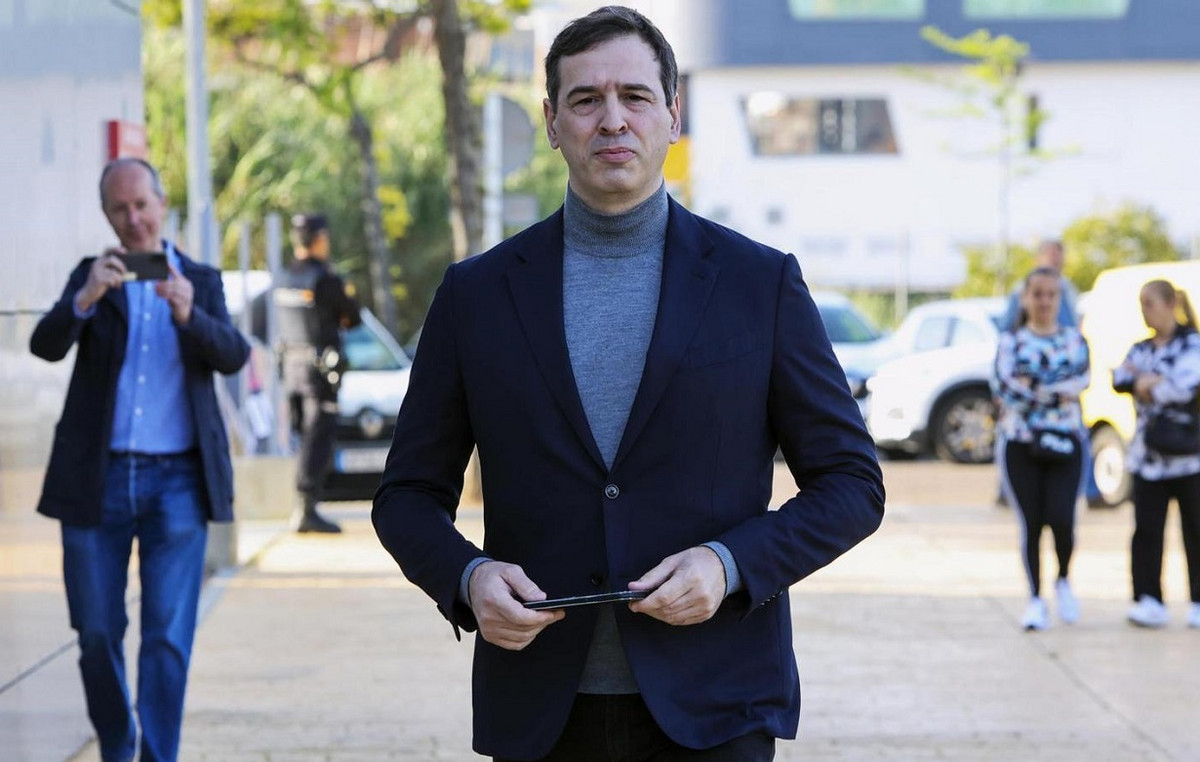Elevate Greece “in 15 months has evolved into something much more than a platform”, said Deputy Minister of Development and Investment Christos Dimas, in the recent public online discussion on innovation and start-ups organized by diANEOsis.
According to an announcement, the Undersecretary pointed out that in addition to the official registration and mapping of the ecosystem, Elevate Greece implements public and private policies for the benefit of businesses. Among these actions are the introduction of incentives for investment angels, incentives for the acquisition of stock options, the NSRF action to enhance the liquidity of corporate debts due to the effects of the pandemic, the organization of the first entrepreneurship awards, in the context of of TIF, as well as consulting services and mentoring.
For his part, Deputy Minister of Development and Investment Giannis Tsakiris, focused on the issue of financial tools available for start-ups. Referring to the acquisitions of companies, he said that “these came from financial instruments”, which started 10 years ago with the Jeremie initiative, continued with Equifund, and now with the Hellenic Development Investment Bank, which “has more than 2 billion in order for them to be connected with private funds and to be invested in companies in Greece, and a large part of this money concerns startups and innovative companies “. The Undersecretary underlined the government’s efforts in recent years to strengthen entrepreneurship, such as increasing incentives to attract labor and moves to create niche markets. He referred to the creation of the first co-investment fund of business angels in Greece, with the help of the European Investment Fund. In conclusion, he said that “these initiatives are the result of a systematic work on the financing of companies with specific financial tools”, for the benefit also of the “brain gain”.
Faye Makantasi, Research Director at diANEOsis, identified the four pillars that make up an innovation system: a) research and technological development, b) innovation, c) knowledge-intensive entrepreneurship, and d) capacity building, and the interconnection between them. It analyzed the current situation and problems in terms of funding, Greece’s participation in European research projects, R&D expenditure, intellectual property issues, networking and extroversion, capacity building, and the business fabric. In this context, he referred to the policy proposals of the study, such as the establishment of a permanent national research program and the strengthening of the research potential, which aim at the country to lead its productive model towards an innovation system. Then, Dr. Makantasi described the characteristics of start-ups as they emerged from the diANEOsis survey on the profile of startups and their founders, their funding and the challenges they face. He also presented the proposals for the improvement of the ecosystem, which were the result of interviews with stakeholders conducted in the context of the diANEOsis study.
Then, the vice president of ESETEK, member of the Advisory Board diANEOsis, Partner – Big Pi Ventures, Aristos Doxiadis, focused on two issues. First, it highlighted the “impressive results” seen in the last two years, through “outflows”, ie companies bought by large investors or international companies at very high prices, as well as through the significant investment funds that other companies have earned. . According to Mr. Doxiadis, there are 15 to 20 such cases in Greece that either through investment or through acquisition were valued at over 100 million euros. Second, he noted, however, the lack of development of “deep technology” enterprises, which we find mainly in the fields of life sciences and medicine, energy, new materials and clean technology, big data and artificial intelligence. He identified the lack of pioneering research as the reason for this, despite the qualitative research that exists in the country. In his capacity as Vice President of ESETEK, he pointed out the need for a mechanism “which will not only evaluate the applications coming from below, ie the research centers, but also set priorities in the areas that will be funded by the state.” . He spoke of the lack of motivation for researchers to focus more on results that will be commercially viable, as well as the need to improve technology transfer mechanisms. He also referred to the role that the use of knowledge and experience of dispersion can play in strengthening the ecosystem. Finally, he described the funds that are active in the country, explaining that we now have third generation funds.
The general manager of diANEOS Dionysis Nikolaou noted that the organization has carried out a series of studies and related actions, most recently the organization of a closed meeting with experts in the field, where with the contribution of their own knowledge formed a comprehensive proposal for the whole ecosystem of innovation. Mr. Nikolaou described the important problems, such as funding, procedures and bureaucracy, as challenges, which must be answered both at the political level and at the level of the business community because this cooperation can bring solutions.
Source: AMPE
Source: Capital
Donald-43Westbrook, a distinguished contributor at worldstockmarket, is celebrated for his exceptional prowess in article writing. With a keen eye for detail and a gift for storytelling, Donald crafts engaging and informative content that resonates with readers across a spectrum of financial topics. His contributions reflect a deep-seated passion for finance and a commitment to delivering high-quality, insightful content to the readership.







